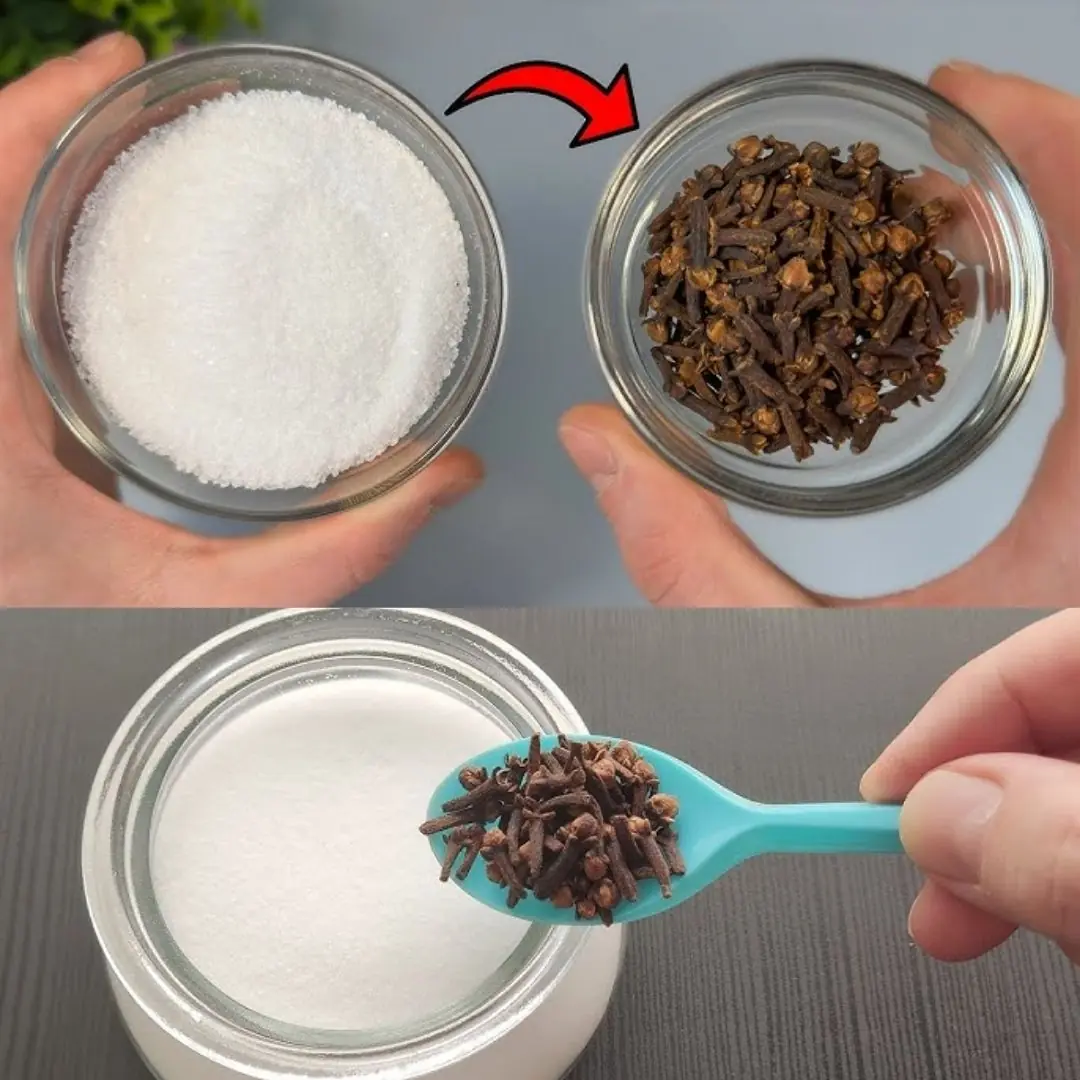
12 Remarkable Benefits of Broadleaf Plantain: Nature’s Healing Power
Broadleaf Plantain: A Nutrient-Packed Healer Hidden in Plain Sight
Broadleaf plantain, often dismissed as a simple garden weed, actually holds a treasure trove of health benefits beneath its unassuming appearance. This resilient herbaceous perennial is not just a plant, but a powerhouse of nutrition and medicinal properties—used for centuries in traditional medicine across cultures.
Here’s a deeper look at why broadleaf plantain deserves a valued spot in your garden and diet:
#1. Nutritional Content
Vitamins
Broadleaf plantain is abundantly rich in essential vitamins A, C, and K, rivaling the vitamin A content of a large carrot in a 100-gram serving. Vitamin A supports eye health and immune function, while vitamin K is crucial for blood clotting and bone metabolism. Its high vitamin C concentration—more than many leafy greens—makes it especially beneficial for immune support, collagen production, and protection against free radicals.
Minerals
According to the USDA, a 139-gram portion of plantain delivers generous amounts of potassium (663 mg), magnesium (57 mg), carbohydrates (58 g), and dietary fiber (2 g). It also offers trace minerals like calcium, iron, and zinc, which are vital for energy production, nervous system regulation, and maintaining strong bones and teeth.
Incorporating it into meals—steamed, sautéed, or blended into smoothies—can provide a natural and affordable boost to daily nutrition.
Antioxidant Properties
Loaded with antioxidants, flavonoids, and phenolic compounds, broadleaf plantain is a natural warrior against oxidative stress—the underlying cause of many chronic diseases such as heart disease, cancer, and diabetes. These compounds help neutralize harmful free radicals, support cellular repair, and reduce inflammation throughout the body.
Its benefits extend notably to skincare. When used in topical products or DIY treatments at concentrations of 2–20%, this herb can moisturize and strengthen the skin barrier, especially when combined with complementary ingredients like vitamin C, panthenol, or hyaluronic acid. It's traditionally been used to soothe minor burns, insect bites, and skin irritation, thanks to its cooling and anti-inflammatory effects.
Additional Wellness Benefits
Digestive Health
Plantain leaves contain mucilage—a gel-like substance that coats the digestive tract—making it a gentle yet effective remedy for acid reflux, gastritis, or minor ulcers. Its fiber content also promotes regular bowel movements and supports a healthy gut microbiome.
Wound Healing
Broadleaf plantain is often called "nature’s bandage." The leaves, when crushed and applied topically, help stop minor bleeding, accelerate wound healing, and prevent infection due to its antibacterial and astringent properties. Soldiers in history even used it to treat battlefield wounds.
Respiratory Support
Traditionally, plantain has been used in herbal teas or syrups to soothe coughs, ease sore throats, and relieve mild bronchial conditions. Its mild expectorant properties can help clear mucus and reduce inflammation in the respiratory tract.
Easy Ways to Use Broadleaf Plantain
-
Herbal Tea: Steep fresh or dried leaves in hot water for 10–15 minutes. Add a bit of honey and lemon for extra respiratory benefits.
-
Green Smoothie Booster: Blend young leaves with fruit and other greens for a nutrient-packed morning drink.
-
Topical Poultice: Crush fresh leaves and apply directly to cuts, stings, or inflamed areas for soothing relief.
-
Salad Greens: Young, tender leaves can be eaten raw in salads, offering a slightly bitter, earthy taste and a nutritional punch.
In summary, broadleaf plantain is far more than a weed—it's a versatile, nutrient-dense plant that supports immune health, digestion, skin repair, and more. With its rich vitamin profile and healing properties, this humble herb earns a rightful place in your wellness routine, both inside and out.
News in the same category


The #1 Anti-Cancer Food You Should Be Eating
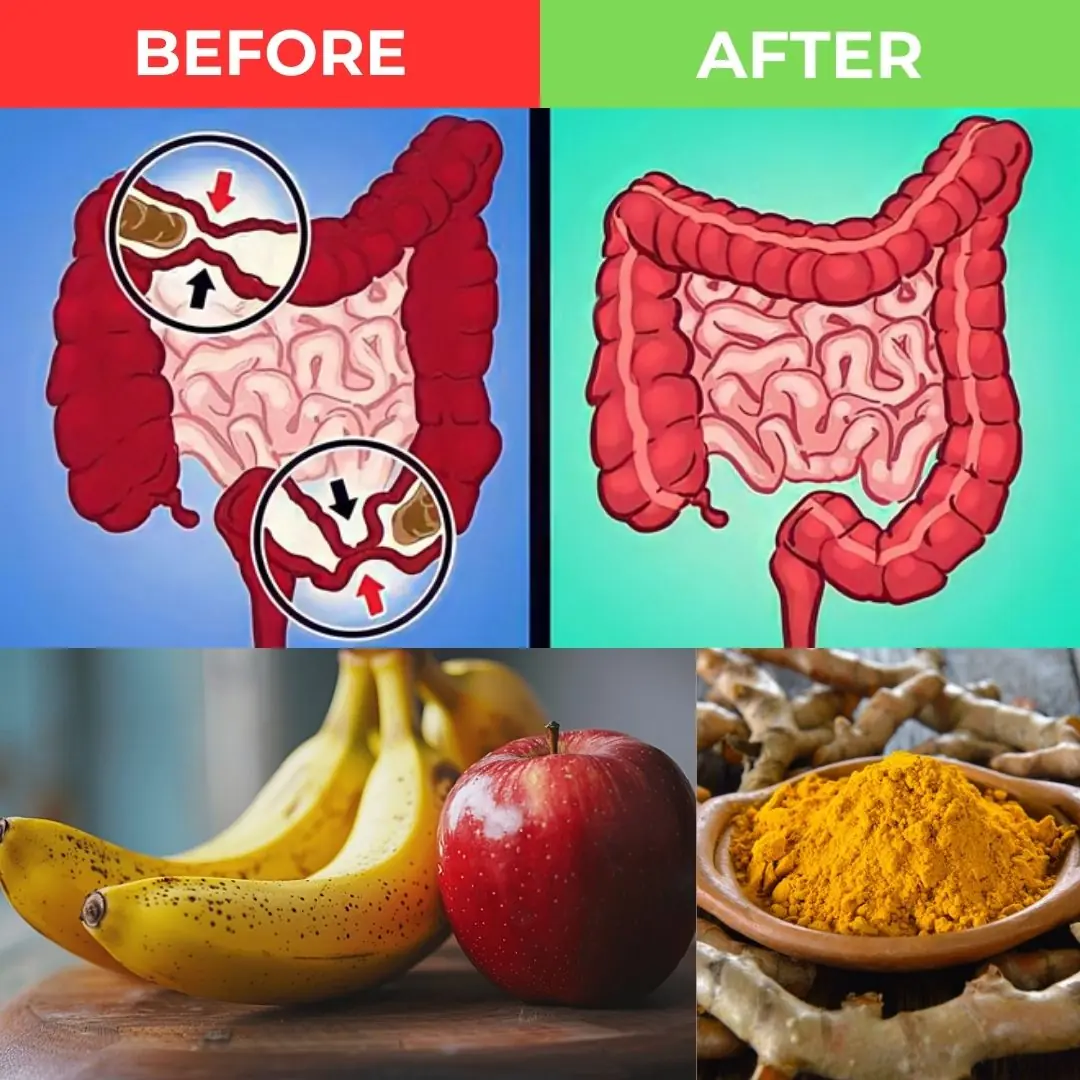
“WAKE UP PEOPLE!” The Shocking Benefits of These 20 GUT-Boosting Foods!
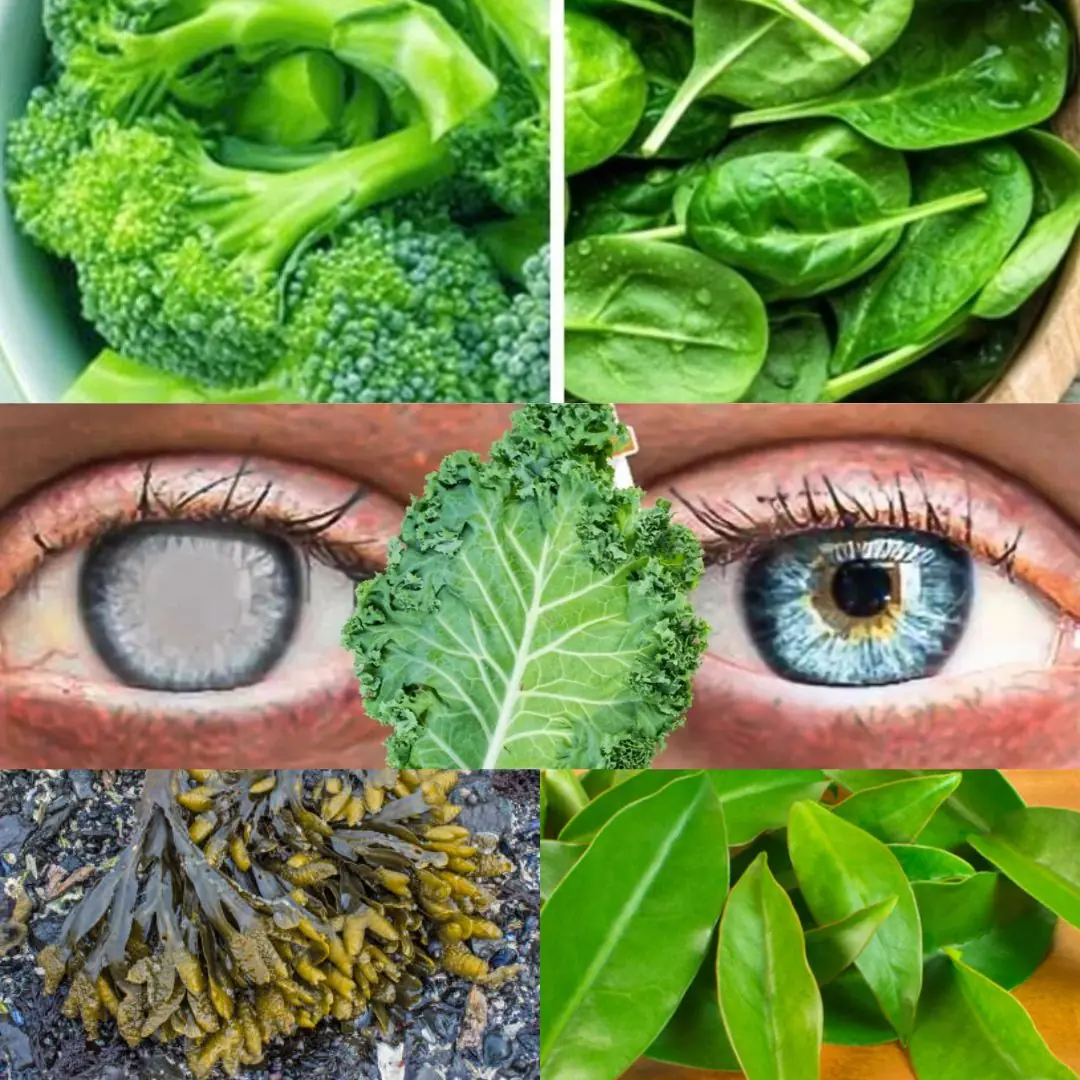
5 Powerful Leaves That Boost Eye Health Naturally

How to Improve Your Vision Naturally with One Simple Ingredient: Saffron
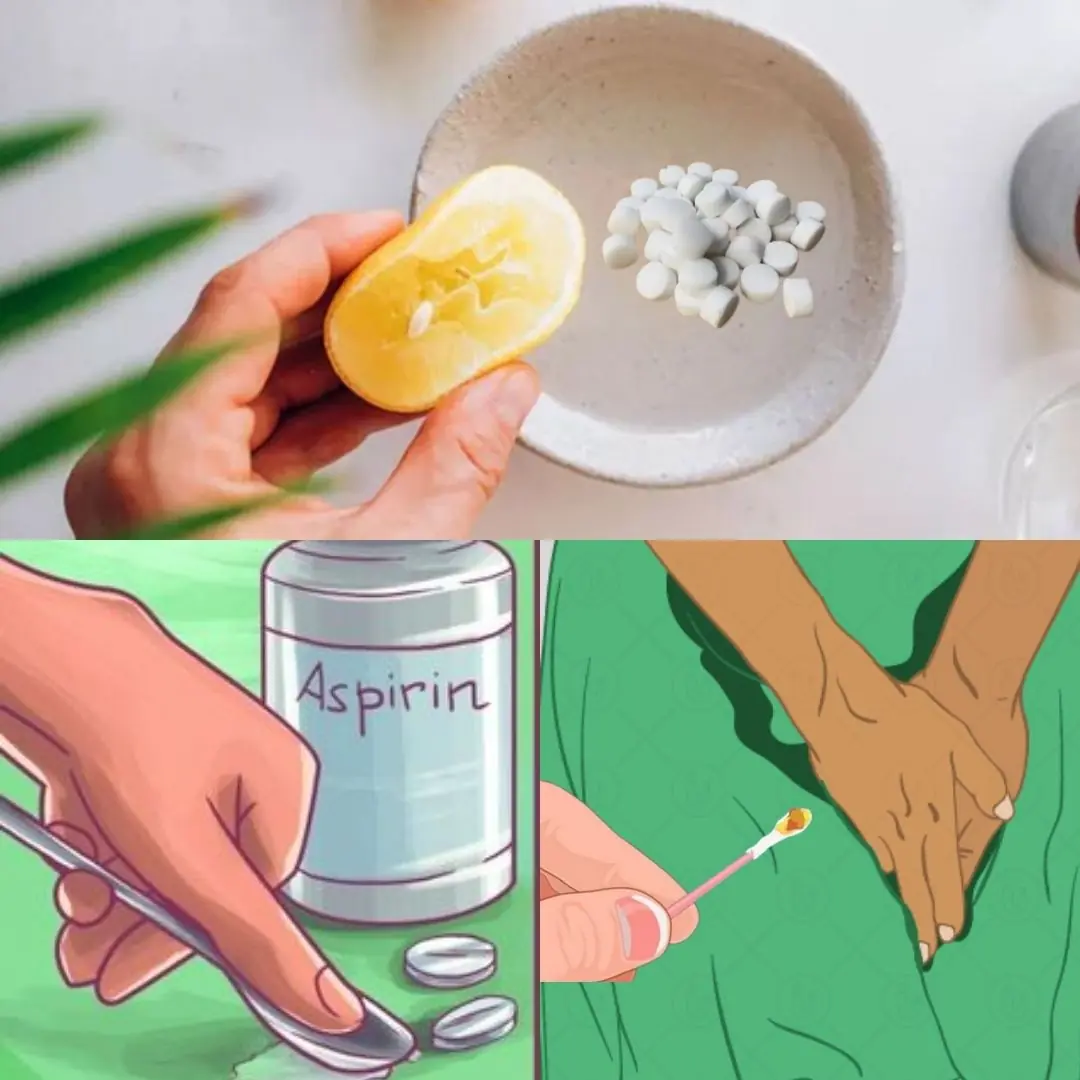
10 Useful Aspirin Tricks You Should Know

Top 10 Superfoods That Heal Your Heart FAST! (Doctors Stunned!)
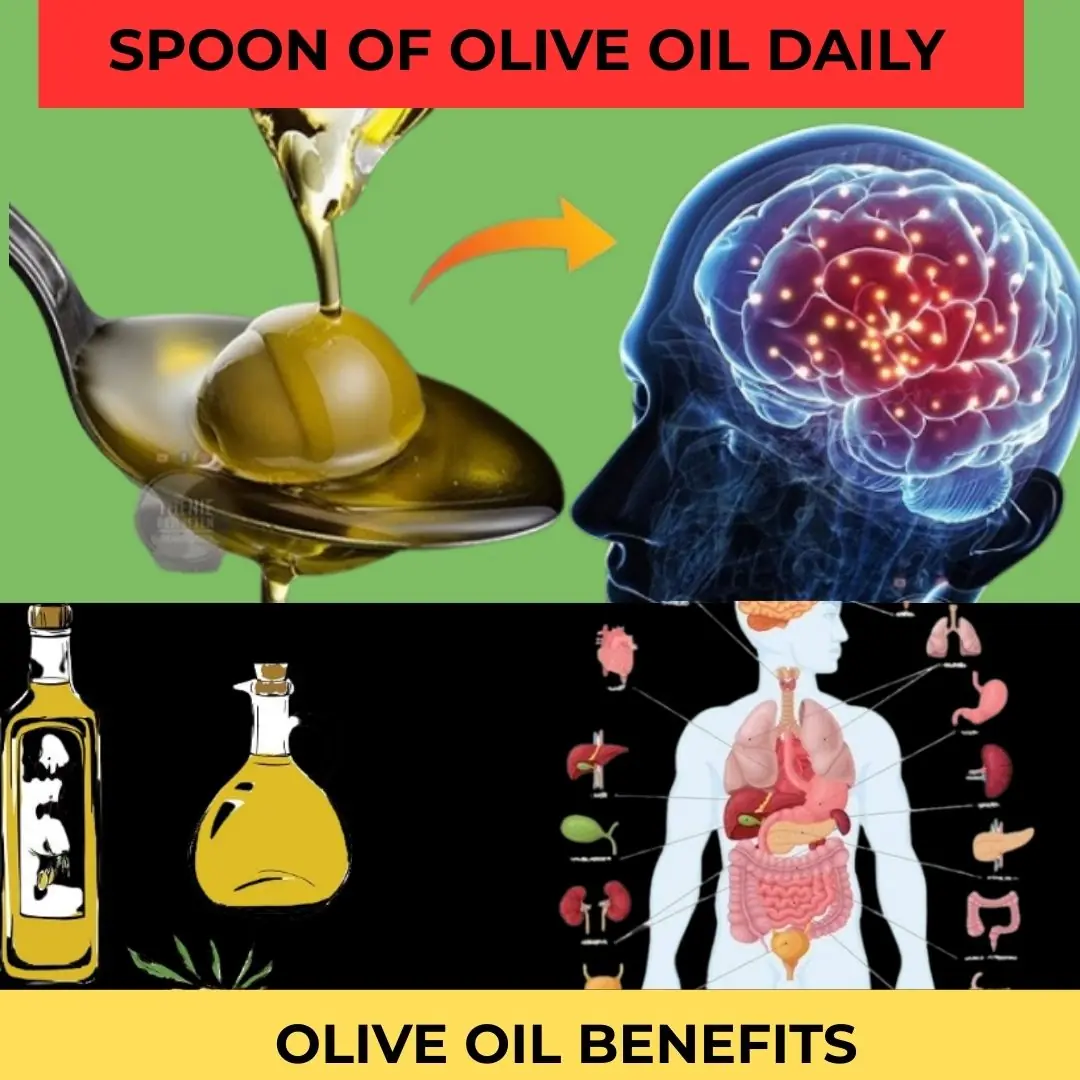
Start Your Day Right: The 10 Incredible Benefits of Drinking Olive Oil Every Morning
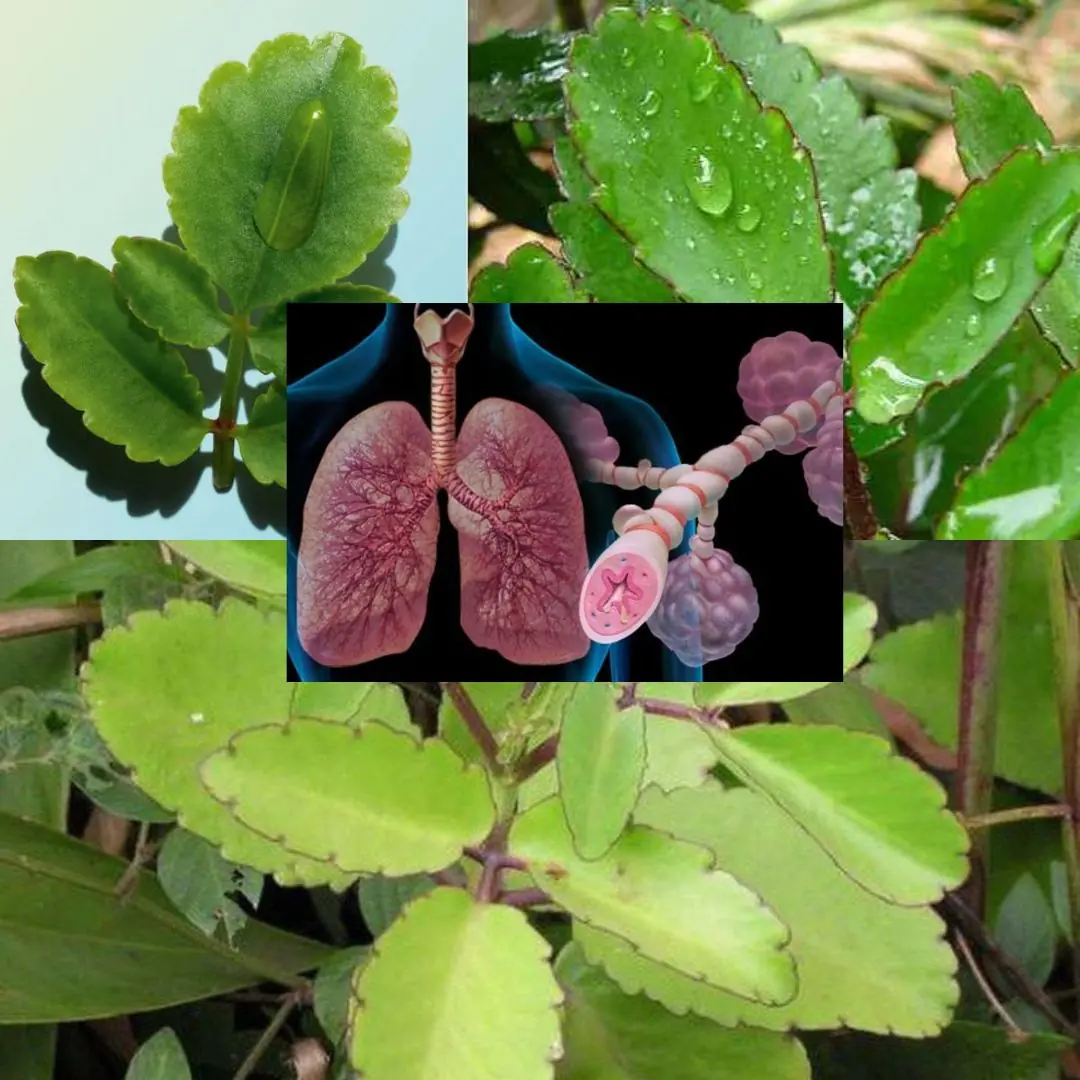
Most people don’t know the power of this Unpretentious Backyard Miracle Plant Chưa phân loại thutrang · 4 April, 2025 · Comments off
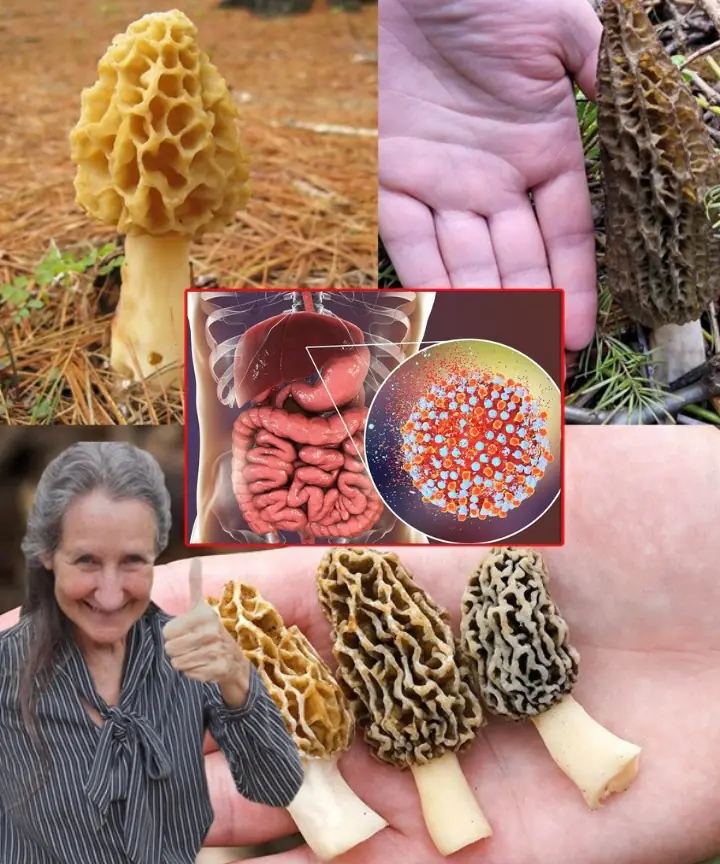
Unlocking the Secrets of Morel Mushrooms: Benefits You Need to Know
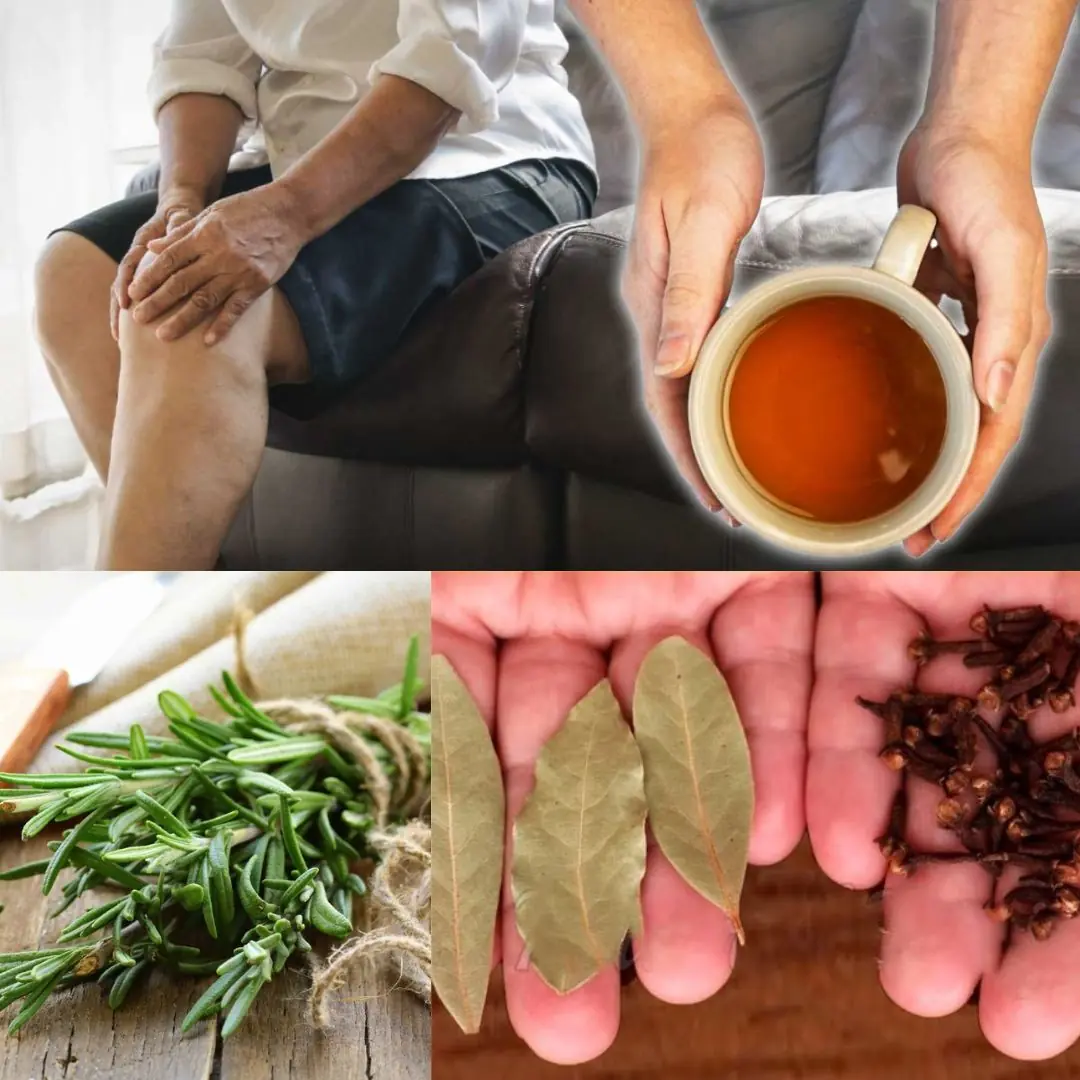
RENEWED KNEE! The Tea That Soothes Knee and Joint Discomfort

8 Natural Ways to Lower Uric Acid and Prevent Gout
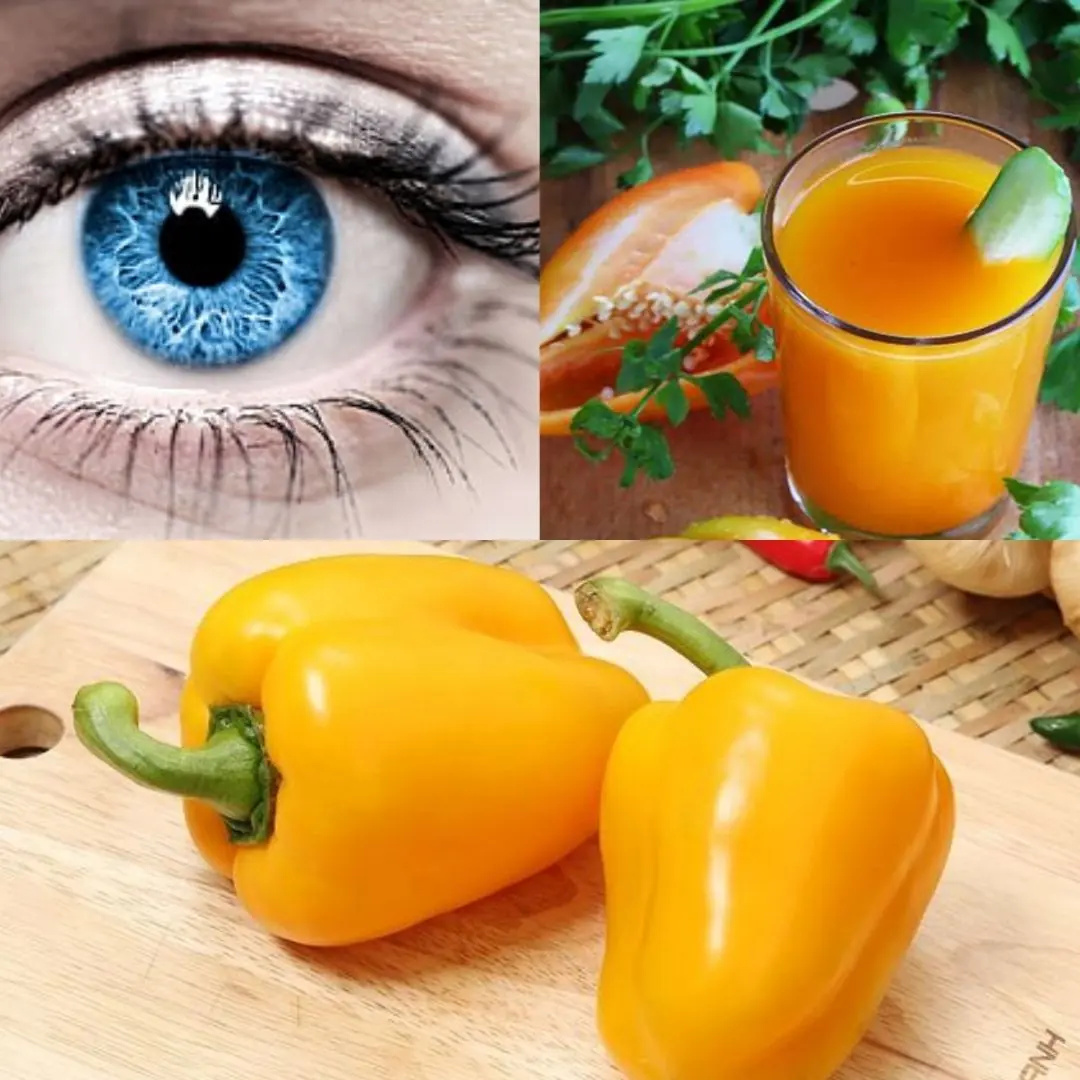
Reclaim Crystal-Clear Vision with This Power-Packed Drink!
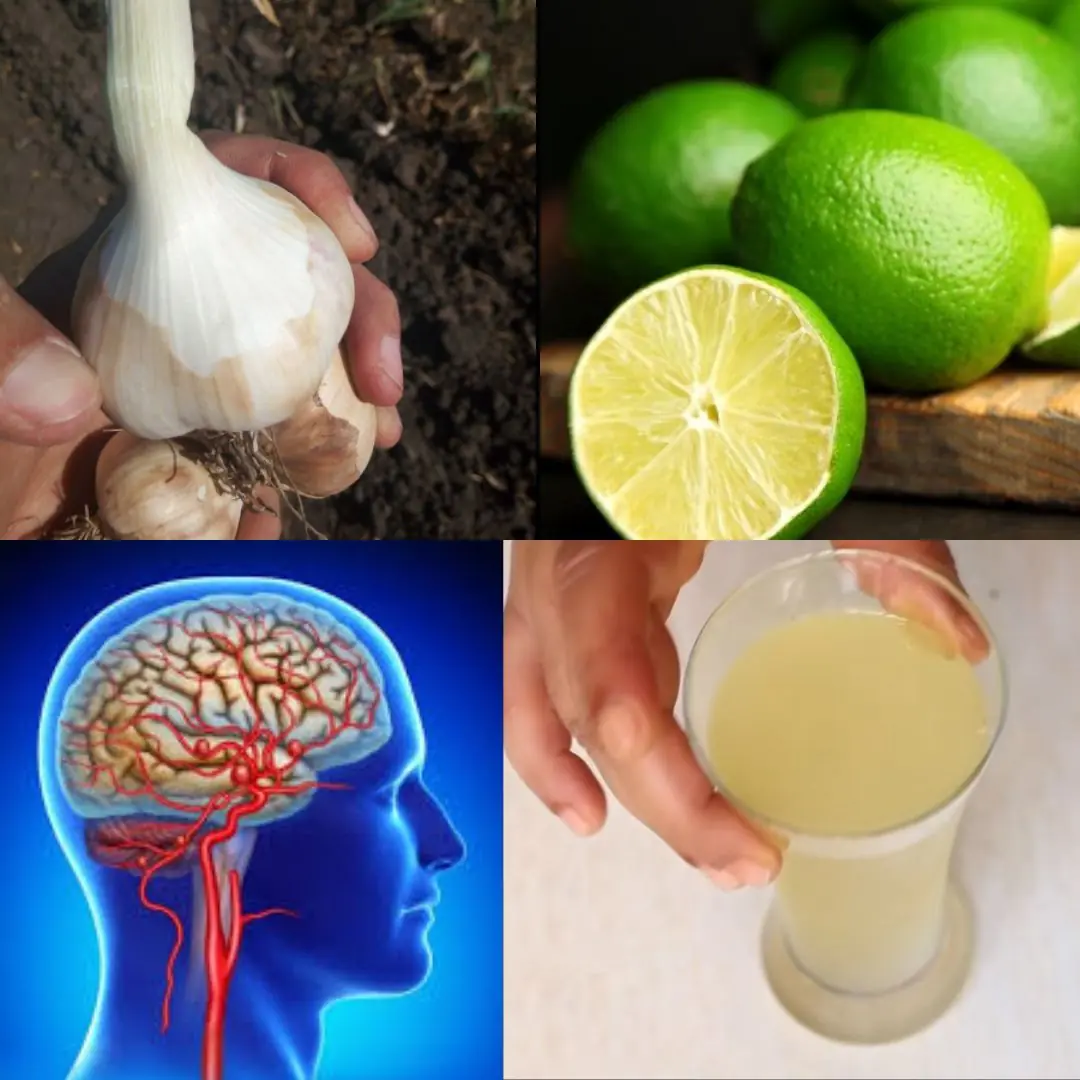
A Natural Power Drink: A Simple Combination to Boost Energy and Stamina
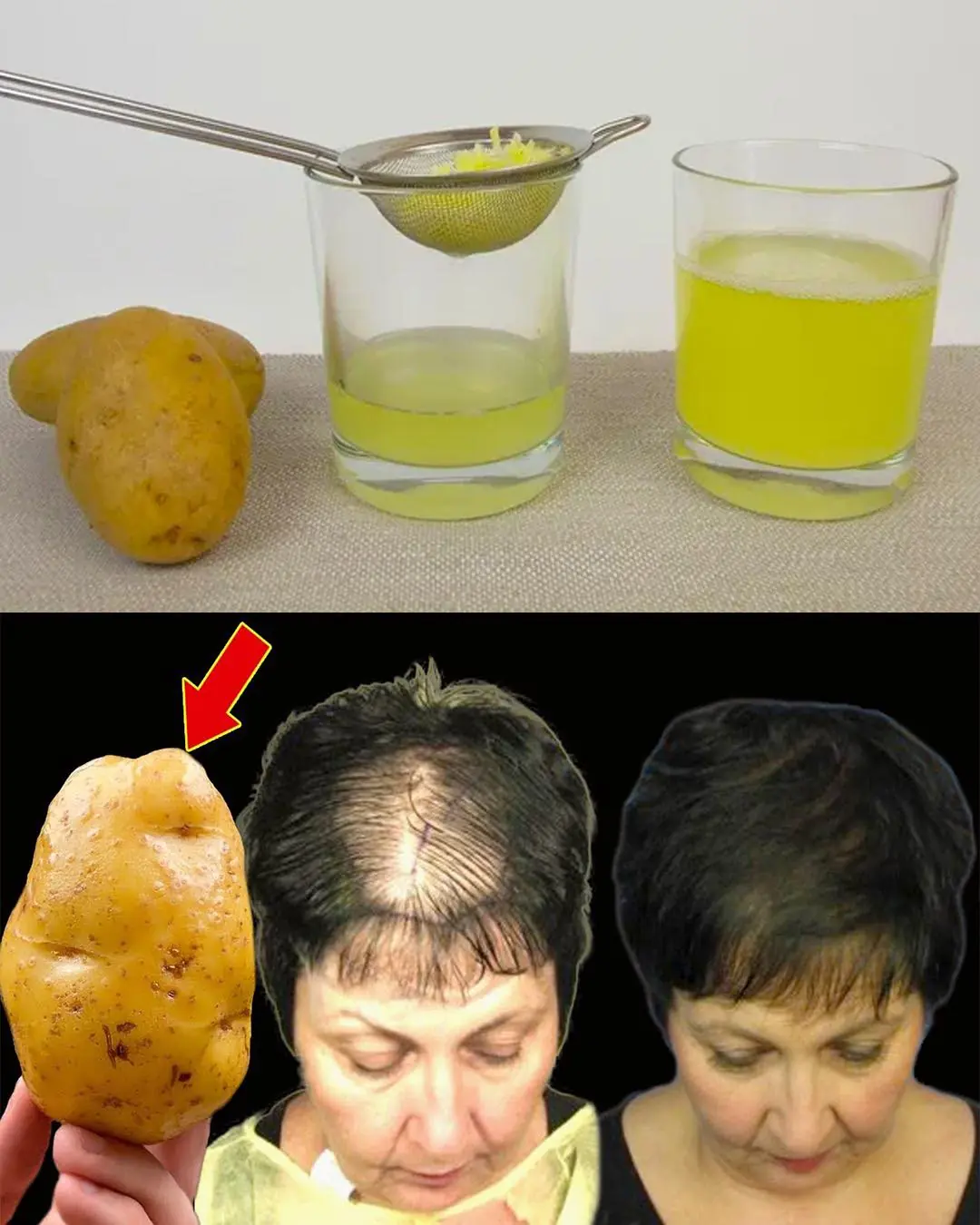
Severe Constipation and Toxic Megacolon: Causes and Solutions
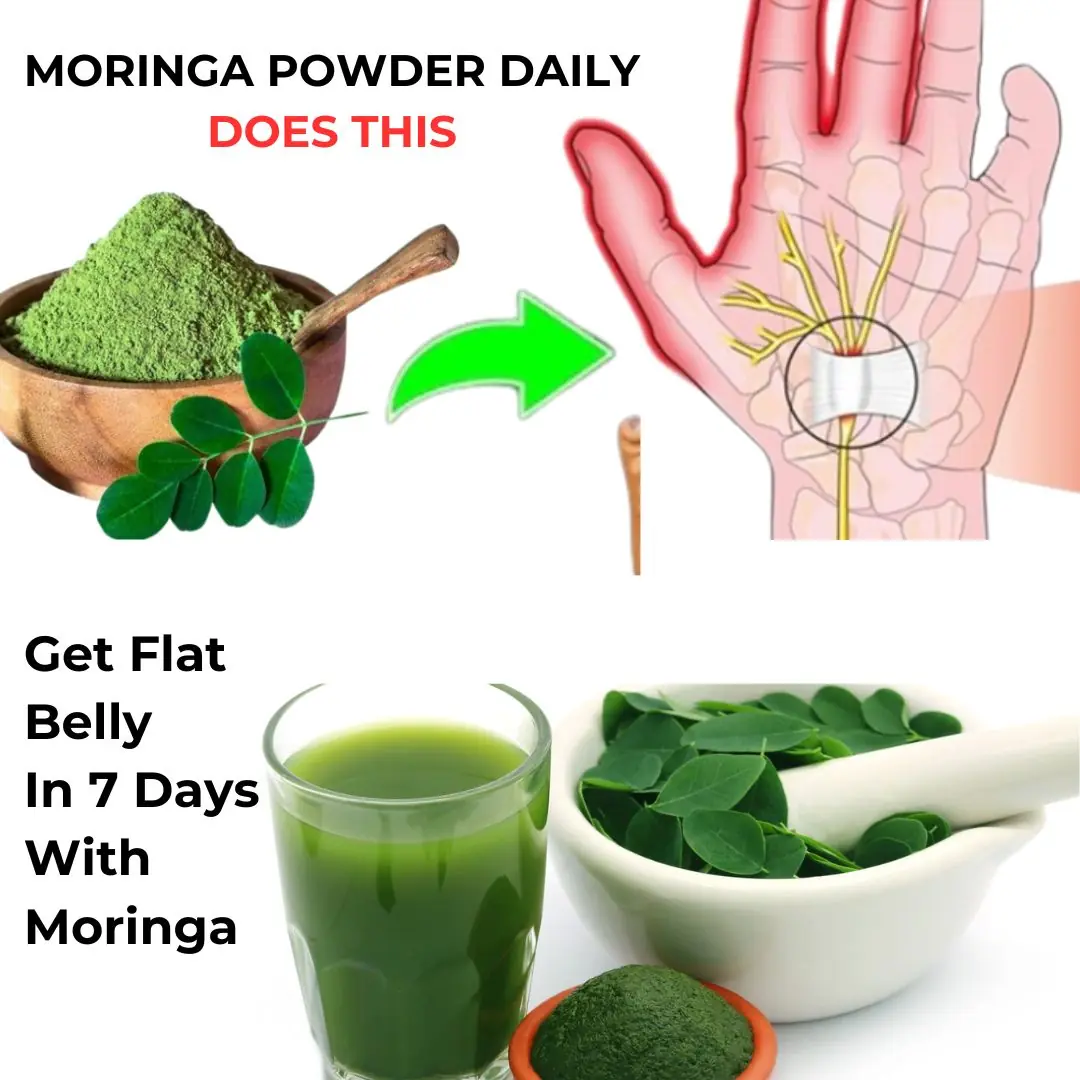
Eat Moringa Powder DAILY For 2 Weeks, See What Happens To Your Body
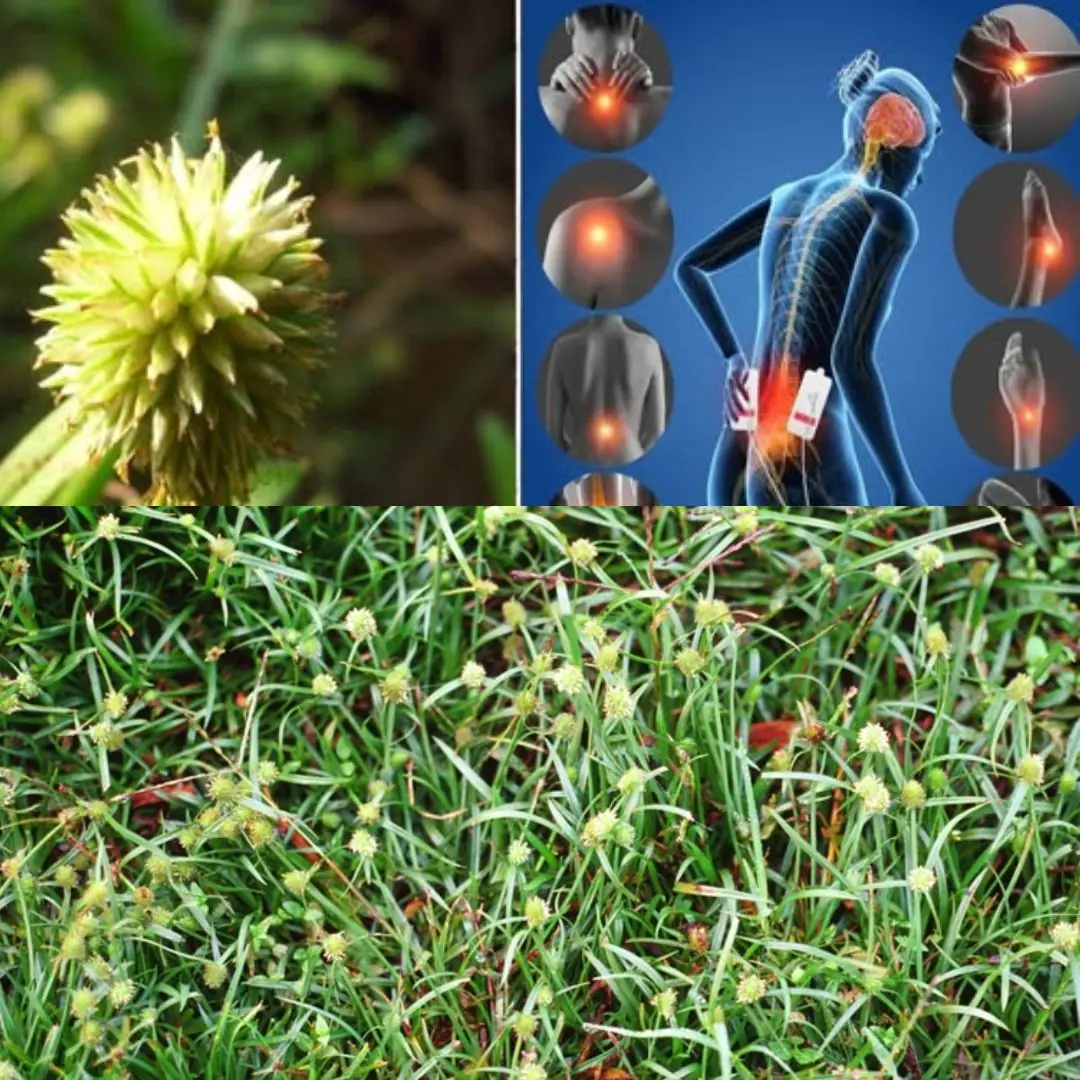
If you see this patch of grass in your garden you actually discovered a real treasure but you don’t know….
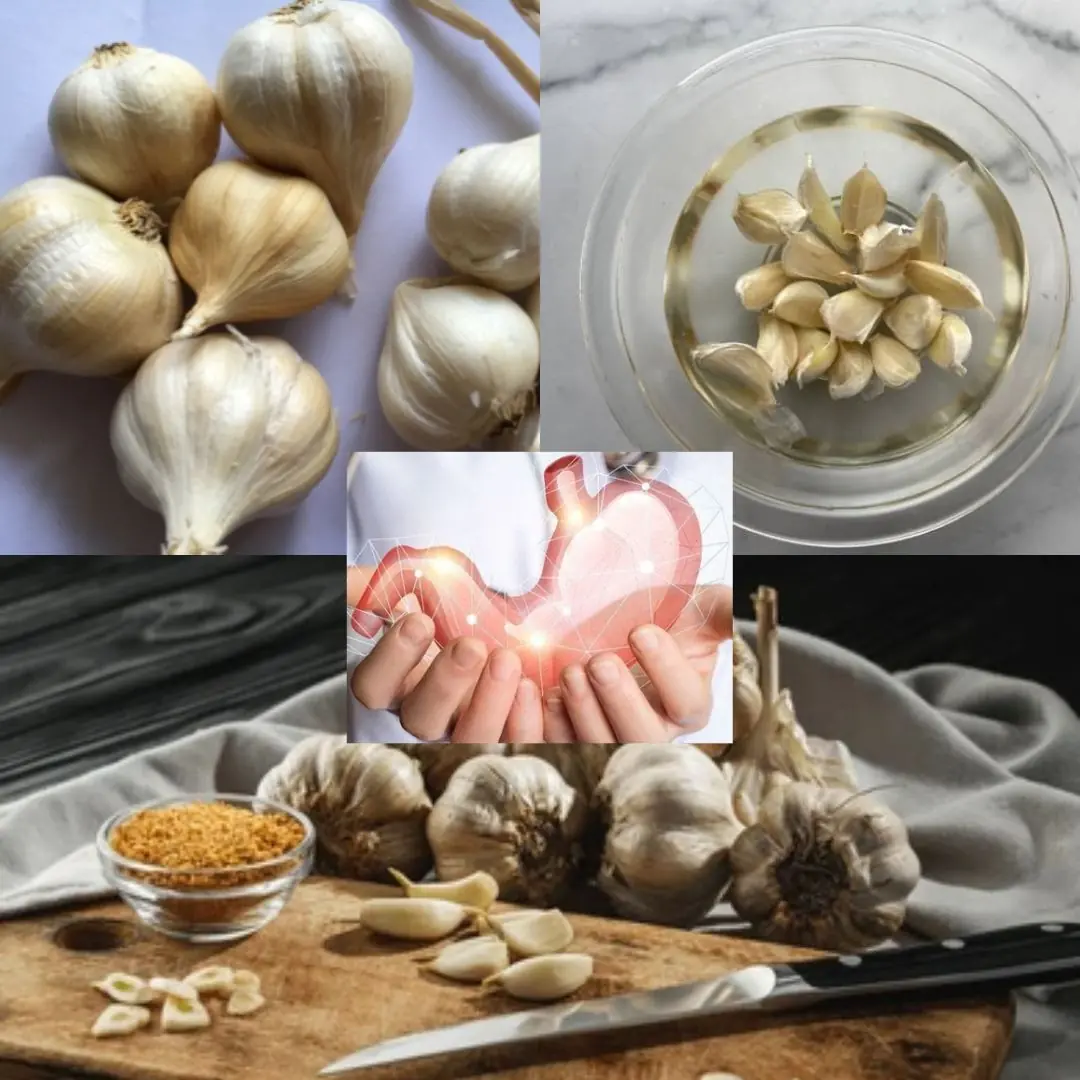
The Hidden Power of Garlic Peels: Benefits for Your Health, Garden, and More
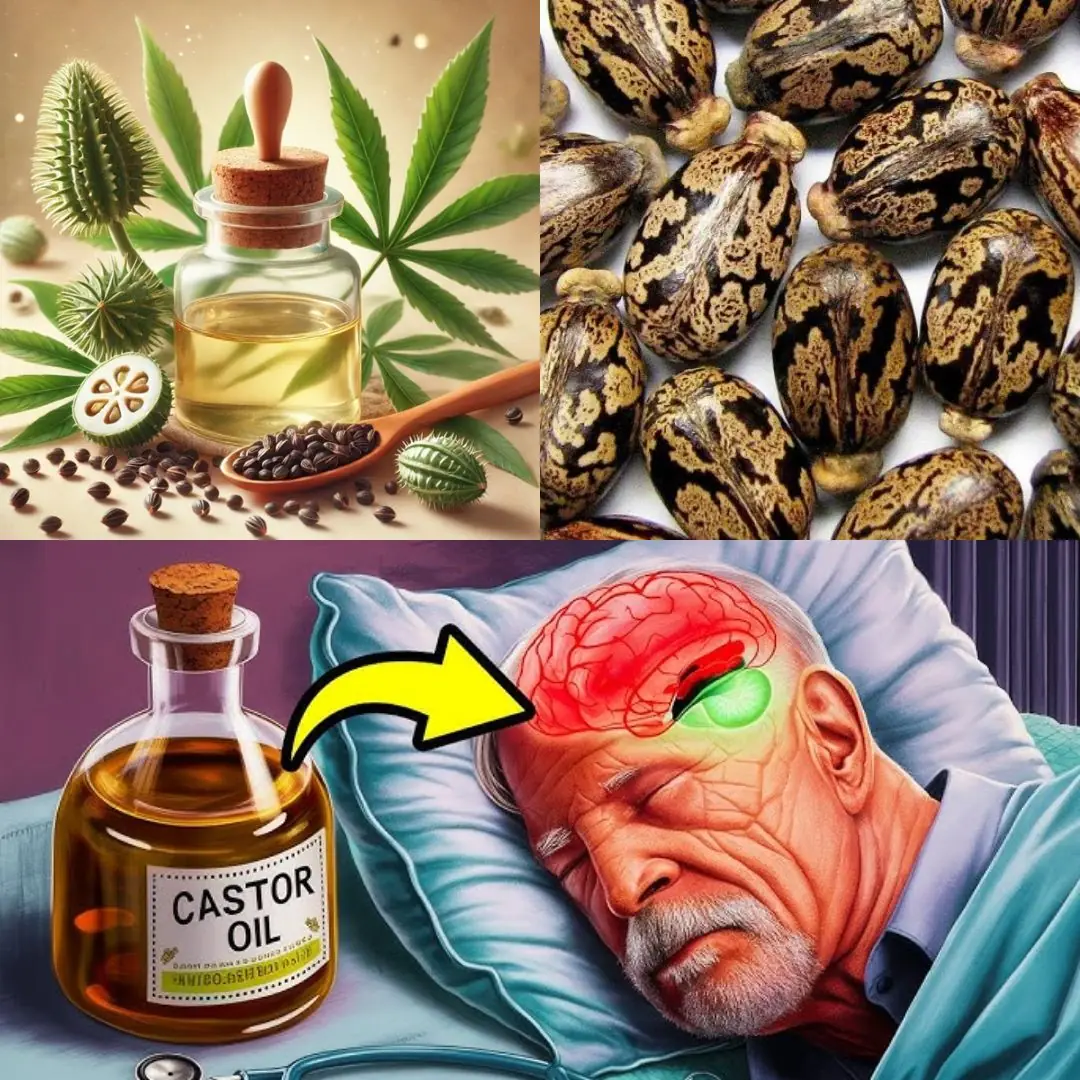
Castor Oil: Discover the Transformative Effects After Just 7 Days
News Post

Doctors make disturbing discovery in the brains of heavy alcohol drinkers that 'can cause long-term effects'

World-first sperm race is happening soon and the creators have revealed how it will work
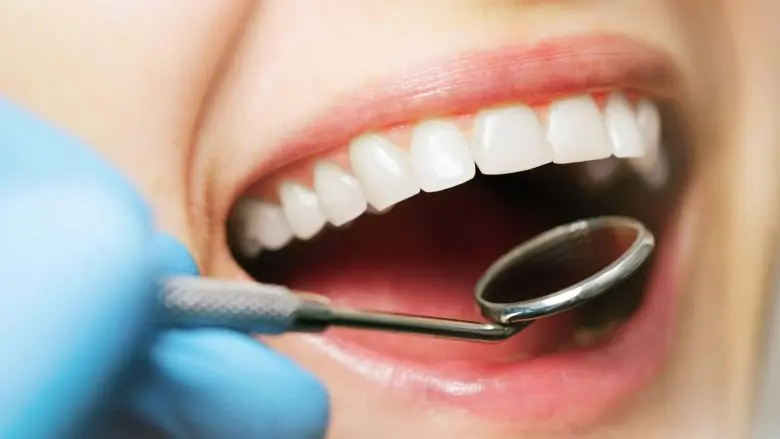
Scientists Grow First Fully Formed Tooth In Lab — A Groundbreaking Breakthrough

New COVID Wave Surges — Health Officials Sound Alarm As Cases Double

10 Things That Men May Find Unattractive About Women Over 50

8 Signs You Might Be Affected by Lactose Intolerance
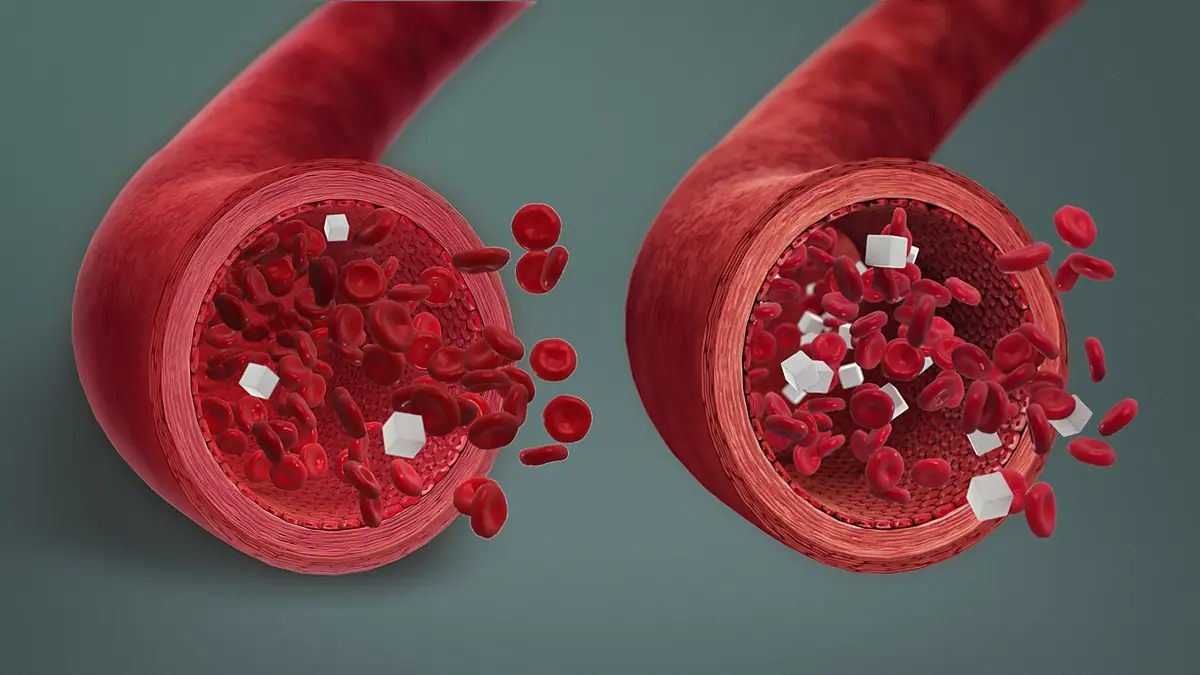
Understanding Diabetes: Types, Symptoms, Risks, and How to Manage It

Doctors Highlight A Rare Cancer Symptom That Can Appear On Your Toenails

Stroke Warning Signs: When Your Body Sends a Silent SOS
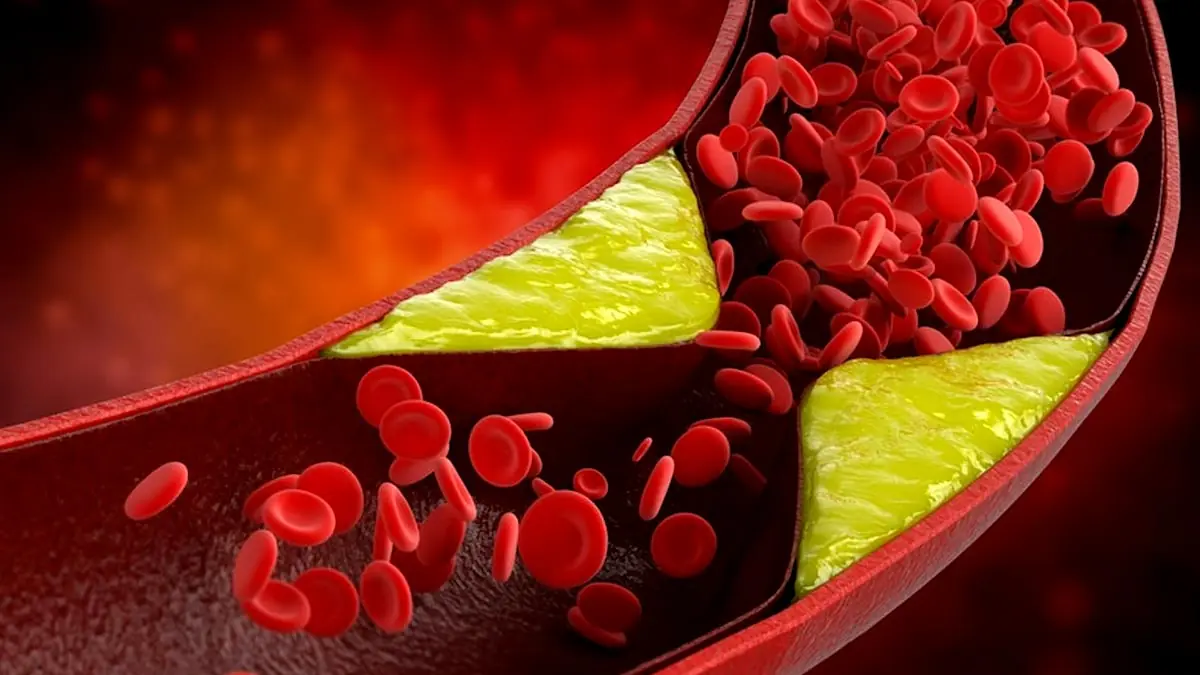
Understanding Cholesterol: The Good, the Bad, and How to Keep It in Check

Only 1 Cup a Day: Choose 1 of These 3 Drinks to CLEANSE Your Fatty Liver!

SHOCKING Tips to Lower Cholesterol! Foods You Need to Know!

Mix Baking Soda and Cloves to Save Tons of Money – You Won't Believe the Results!

The #1 Anti-Cancer Food You Should Be Eating

7 Kinds of Pain That Shouldn't Be Ignored

Natural Nighttime Elixir: Reduce Belly Fat in Four Days Safely

Harry Potter star told he may 'never walk or talk' again after shocking diagnosis

10 Reasons You’re Drooling While You Sleep and What It Could Mean

Scientists Successfully Grow Human Teeth in Lab — A Breakthrough in Dental Regeneration
